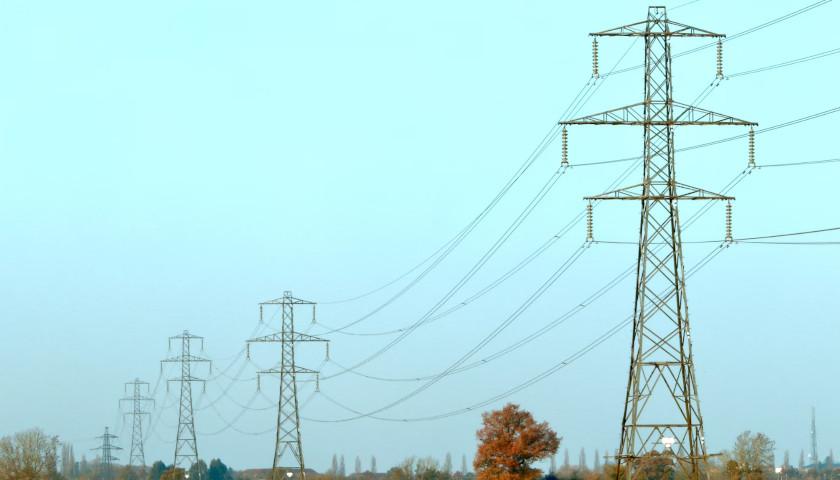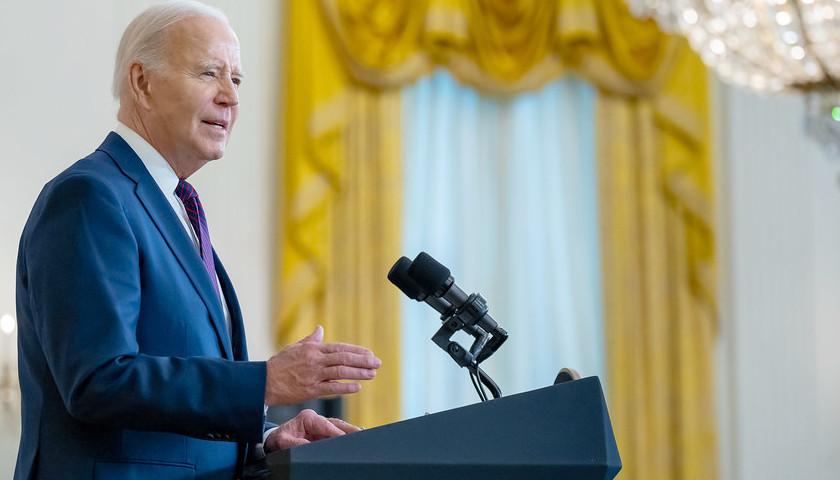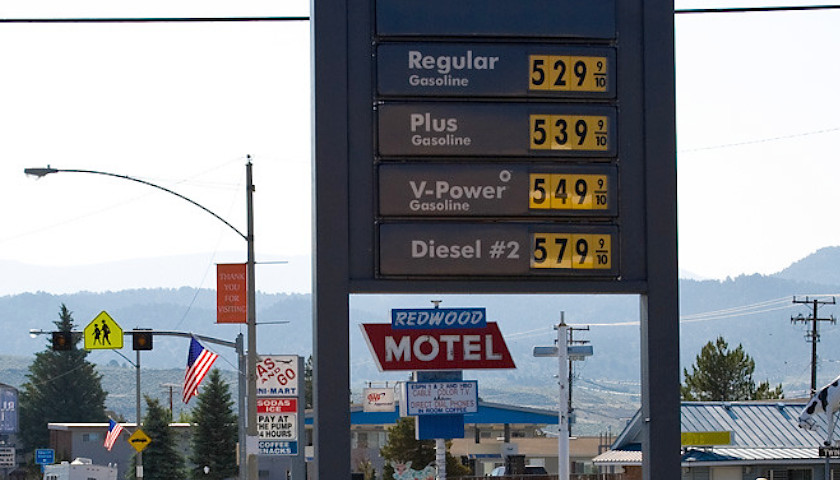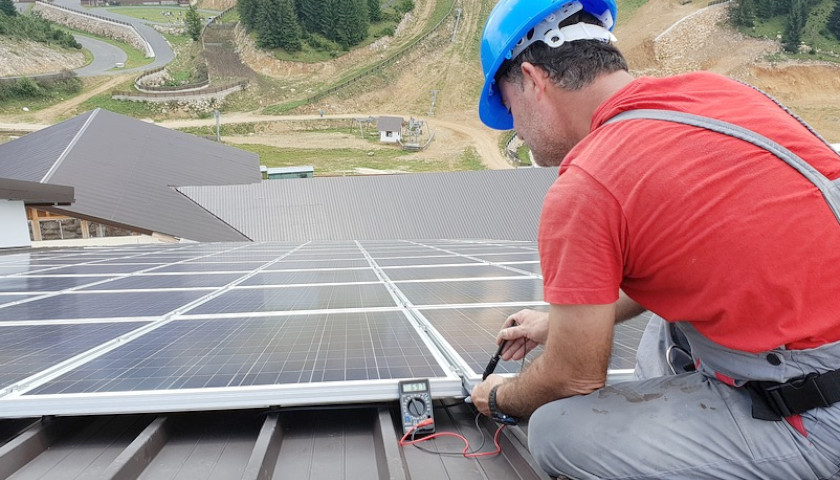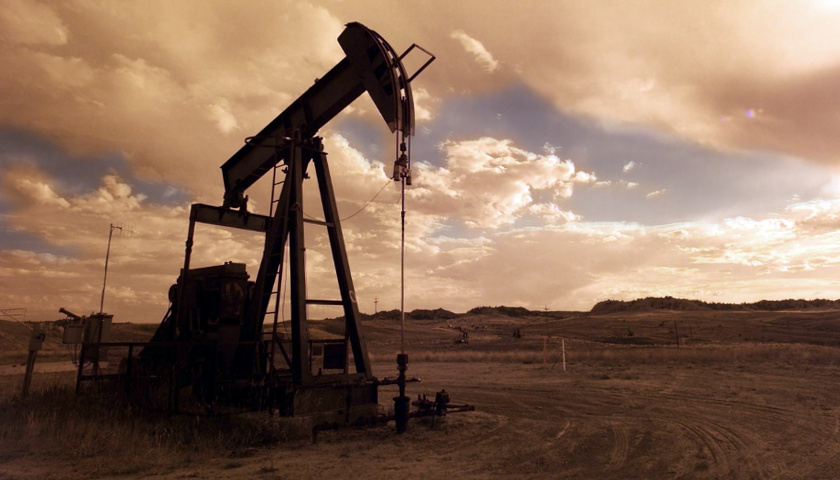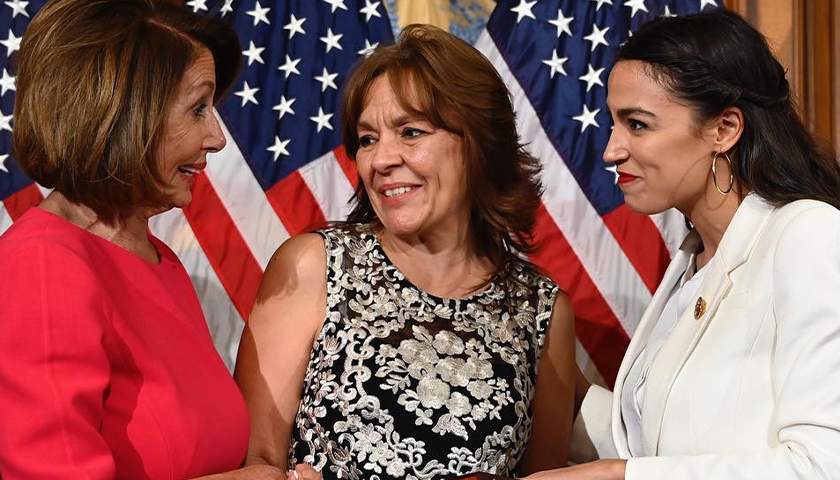Amid a polarizing presidential election, areas of common ground are rare, especially around energy. President Joe Biden has labeled climate change as “the only existential threat humanity faces,” and outlined an agenda to reach net-zero carbon emissions by 2050. Meanwhile, his would-be Republican challengers have pledged a different course, with the frontrunning campaign of former President Donald Trump pledging to “maximize fossil fuel production” and roll back funding for Biden’s landmark 2022 Inflation Reduction Act.
A step back from the daily partisan back-and-forth reveals an idea with something for everyone to support: increasing choice when it comes to where consumers get their energy. A commitment to freedom and creating our own destinies is quintessentially American. Yet most of our citizens have zero control over their power provider and the cost of their energy, and very few politicians on either side of the aisle say anything about it.
Read More
